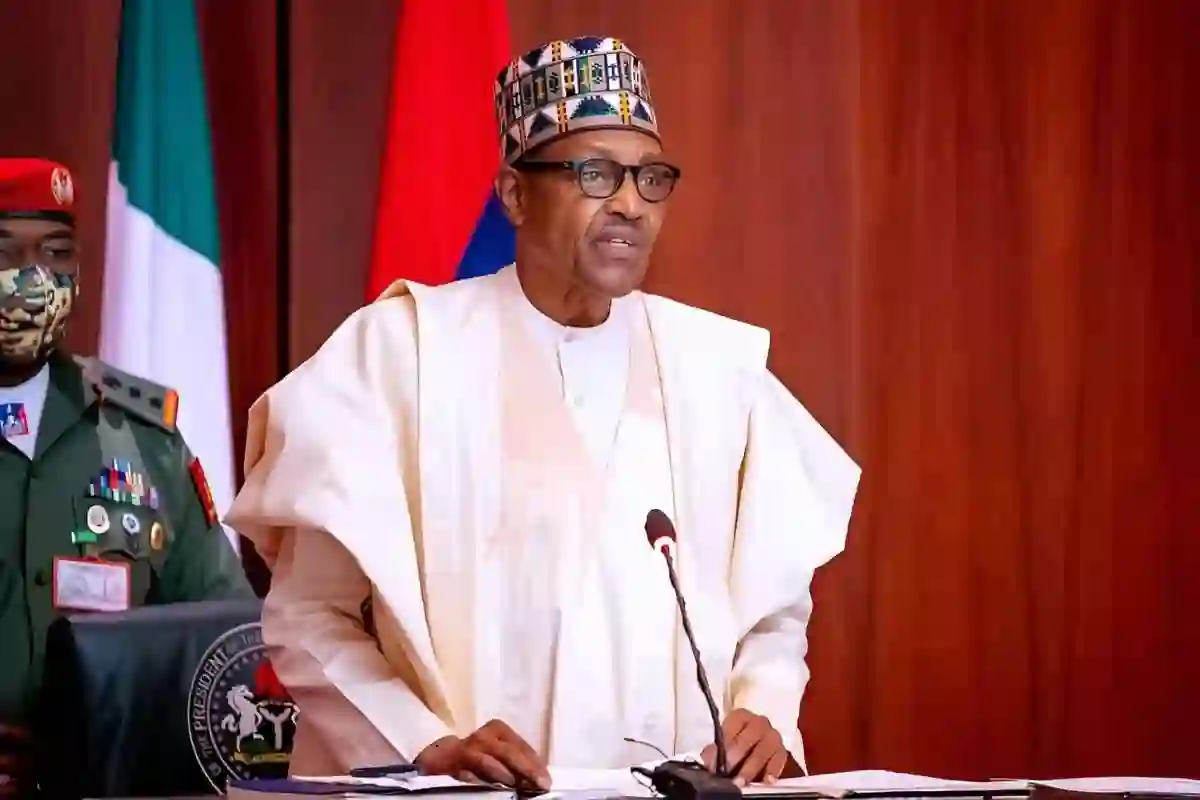The news of Muhammadu Buhari’s death has sent ripples across Nigeria and beyond.
Known to many as a disciplined soldier-turned-statesman, Buhari’s name has been tied to both fierce anti-corruption campaigns and firm, sometimes controversial leadership.
Now, as the country mourns his passing, conversations have reignited around the legacy he leaves behind.
A Week of Mourning Begins
President Bola Tinubu has declared a seven-day period of national mourning, with flags flying at half-mast across the country.
Buhari died in London on July 13, 2025, at the age of 82.
His death marks the end of a political era—one shaped by military strength, political perseverance, and a quest for national reform.
From Military Cadet to Head of State
Born in December 1942 in Daura, Katsina State, Buhari’s journey began with military training in Kaduna at just 20 years old—barely two years after Nigeria gained independence.
His rise to national prominence came in 1983 when, following a military coup, he became the country’s Head of State.
His brief but forceful rule from 1984 to 1985 is still remembered for the “War Against Indiscipline”—a hardline campaign aimed at reshaping societal values and stamping out corruption.
But his time in power was cut short when another coup, this time led by General Ibrahim Babangida, removed him from office.
A Determined Comeback Through Democracy
Unlike many former military rulers, Buhari didn’t fade into the background.
He re-entered the political scene, this time determined to lead through democratic means.
It wasn’t an easy path—he ran for president three times before finally defeating incumbent Goodluck Jonathan in 2015.
That victory marked a historic moment: it was the first time in Nigeria’s history that a sitting president was unseated at the ballot box.
Tackling Insecurity and Economic Woes
Buhari’s administration faced monumental challenges, most notably the Boko Haram insurgency in the northeast.
While significant progress was made against the terrorist group during his tenure, other security issues quickly rose to the surface.
Economically, Nigeria struggled under the weight of falling oil prices, inflation, and recession.
Buhari’s team rolled out policies aimed at financial reform—like the introduction of the Treasury Single Account—to consolidate public funds.
While these policies were praised by some, many Nigerians continued to feel economic strain.
A Leader Known for Integrity
One thing Buhari was widely respected for was his reputation for personal integrity.
In a political climate plagued by corruption, many saw him as a rare honest figure.
His austere image appealed to voters seeking change—particularly those frustrated by years of mismanagement and elite privilege.
Despite that, his time in office wasn’t free of criticism.
The EndSARS protests in 2020 brought attention to human rights concerns, and his administration’s response drew international condemnation.
There were also tensions over agricultural policy and economic diversification, sparking debate even among his supporters.
Anti-Corruption Drive Draws Mixed Reactions
While Buhari’s anti-corruption mission earned applause in some quarters, critics weren’t convinced it was as impartial as promised.
Opposition leaders like Atiku Abubakar accused him of turning a blind eye to misconduct among his allies.
Human rights advocates and legal experts, including Olisa Agbakoba, claimed the campaign was politically selective.
Bishop Matthew Kukah was also outspoken, warning against using anti-corruption as a tool to target opponents.
Watchdogs like Transparency International and SERAP echoed those concerns.
Final Days and Cause of Death
Buhari passed away after a prolonged illness, though specific medical details were not released.
According to presidential spokesperson Bayo Onanuga, he had been undergoing treatment in London in the days leading up to his death.
Vice President Kashim Shettima is accompanying his remains back to Nigeria.
The late president will be laid to rest in his hometown of Daura, with the burial set for July 15, 2025.
How Will Nigeria Remember Him?
Buhari leaves behind a complex and deeply debated legacy.
To some, he was a tireless reformer who tried to steer Nigeria toward discipline and integrity.
To others, he was a symbol of missed opportunities and heavy-handed governance.
As the nation reflects, one question lingers: how will Muhammadu Buhari be remembered in the story of Nigeria?
